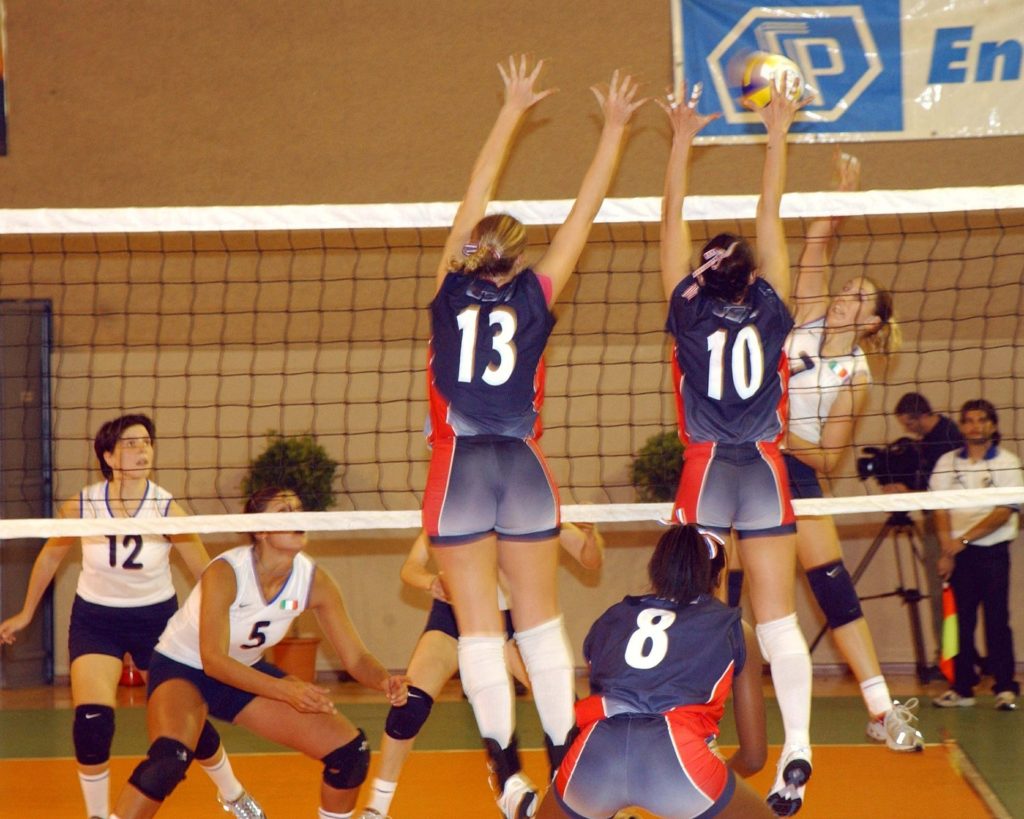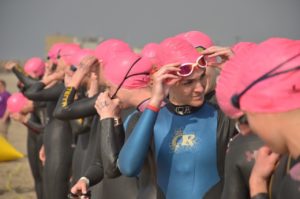- Calls to this hotline are currently being directed to Within Health or Eating Disorder Solutions
- Representatives are standing by 24/7 to help answer your questions
- All calls are confidential and HIPAA compliant
- There is no obligation or cost to call
- Eating Disorder Hope does not receive any commissions or fees dependent upon which provider you select
- Additional treatment providers are located on our directory or samhsa.gov
How College Coaches Can Support an Athlete Struggling with an Eating Disorder

The pressure and competitiveness of college sports make athletes that play them susceptible to eating disorders, particularly if they believe it will serve their athletic performance. The National Collegiate Athlete Association (NCAA) reported in a survey that “70% of responding institutions reported at least one case of an eating disorder, with 90% of those cases occurring in female sports [1].”
Sadly, research has also learned that “female athletes are up to 3 times more likely than female nonathletes to develop eating disorders [1].” Coaches are uniquely trusted and confided in by their athletes and, as such, have important opportunities to support in intervention, or early intervention, of dangerous disordered beliefs and behaviors.
Know the Warning Signs of Athletes With Disordered Eating Behaviors
Coaches are in a prime position to recognize disordered eating and exercise behaviors in their young athletes. These individuals trust you not only with their bodies but with their talent, their academics, their futures, and, often, their personal lives.
Inform yourself of the warning signs of disordered eating behaviors so that you can recognize them in athletes should they arise. You might be challenging a long-term history of a disorder or interfering with the beginning stages of a new disorder. Either way, you will be saving their life.
Attitude Reflects Leadership
You can also honor the trust that your athletes put into you through creating a culture wherein these behaviors are not encouraged or accepted. Much of the disordered beliefs and behaviors that develop in athletes are related to pressure placed on them by themselves, their parents, their coaches, and their teammates (if they have any).
You are in a powerful position to combat any speech or behavior patterns that would encourage dangerous behaviors around food and exercise, negative self-talk, and team bullying. The attitude of the team will reflect your leadership.
As such, make sure that your leadership encourages identifying and recognizing one’s limitations without shame, prioritizing proper rest and nourishment, and espousing foundational values of self-care, self-compassion, and kindness to one another regardless of game results or individual performance.
Help Athletes Prioritize Their Health

Eating disorders range in severity from those requiring medical stabilization to those that can begin with outpatient meetings with a Therapist and Nutritionist. Regardless of the disordered eating stage your athlete is in, their body will have experienced some level of bodily compromise that requires them to cease physical activity, get rest, nourish themselves, and heal.
Your athlete will likely struggle with this, and that is where you are in a unique position to prioritize their health. If you prioritize their health, as opposed to shaming them for taking time off or needing to rest, they will feel more comfortable prioritizing their own health.
Again, these individuals put a great deal of trust in your opinion, so it is important that you honor that by putting them first and the sport second, even when it is hard to do so.
Assets and Liabilities
You have a unique seat to seeing some of the best qualities of your athlete – their tenacity, resilience, determination, attention to detail, observant and more. All of the qualities individuals hold can be used as an asset or a liability.
Remind your athlete of their strengths and support them in turning these not into liabilities that serve their eating disorders but assets that foster their recovery. In general, the best way to approach anyone struggling with an eating disorder is with non-judgment and compassion.
Listen to their experience more than you talk, hold hope for them when they struggle to hold it for themselves, and see them as a person and not just an athlete or disordered individual. Human beings are more important than any game or sport, and coaches are in a unique position to be there when the human being needs to come first.
Resources
[1] Vaughan, J.L., King, K. A., Cottrell, R. R. (2004). Collegiate athletic trainers’ confidence in helping female athletes with eating disorders. Journal of Athletic Training, 39:1.About the Author:

As a freelance writer for Eating Disorder Hope and Addiction Hope and a mentor with MentorConnect, Margot is a passionate eating disorder advocate, committed to de-stigmatizing these illnesses while showing support for those struggling through mentoring, writing, and volunteering. Margot has a Master’s of Science in Clinical Mental Health Counseling from Johns Hopkins University.
The opinions and views of our guest contributors are shared to provide a broad perspective on eating disorders. These are not necessarily the views of Eating Disorder Hope, but an effort to offer a discussion of various issues by different concerned individuals.
We at Eating Disorder Hope understand that eating disorders result from a combination of environmental and genetic factors. If you or a loved one are suffering from an eating disorder, please know that there is hope for you, and seek immediate professional help.
Published April 6, 2021, on EatingDisorderHope.com
Reviewed & Approved on April 6, 2021, by Jacquelyn Ekern MS, LPC
